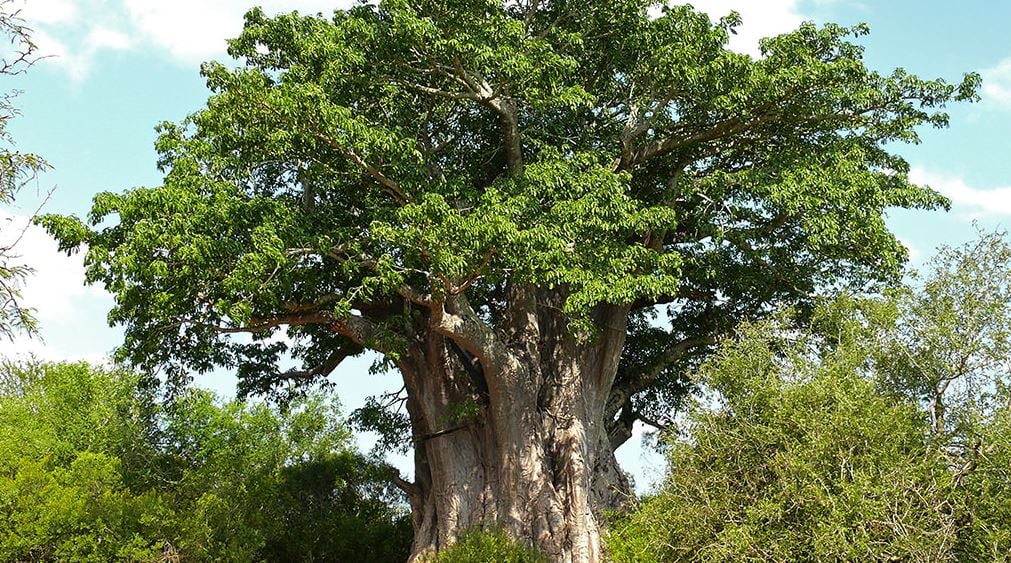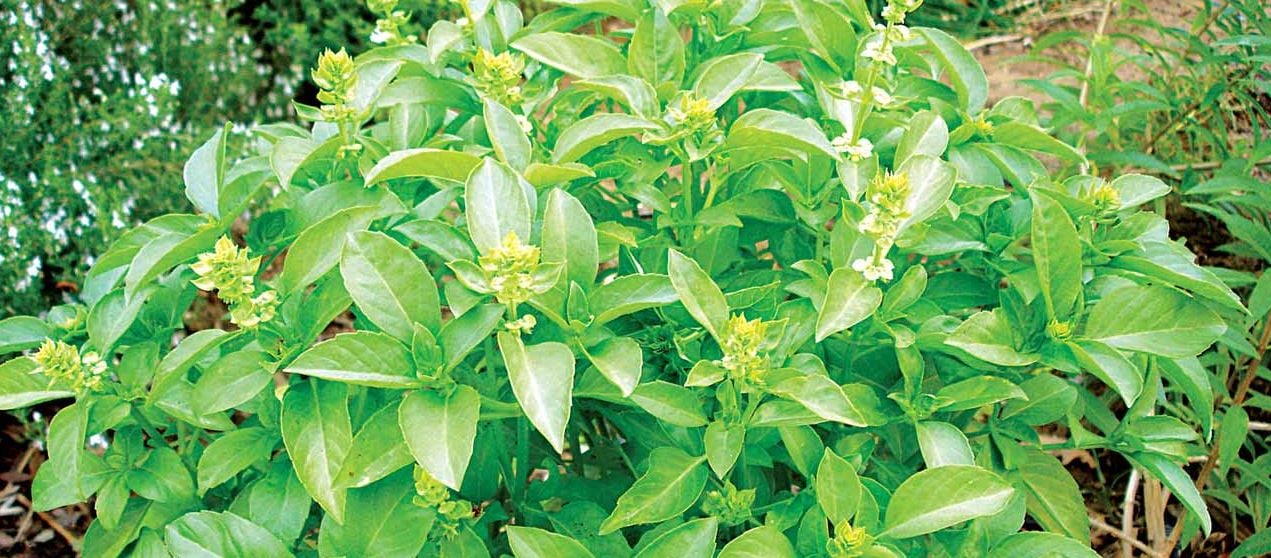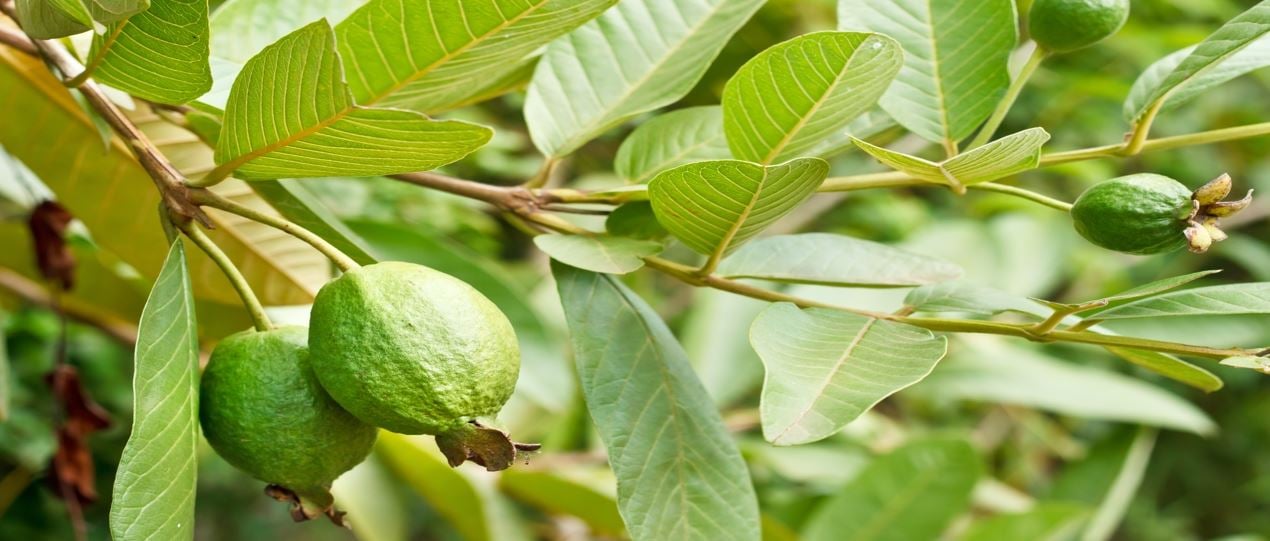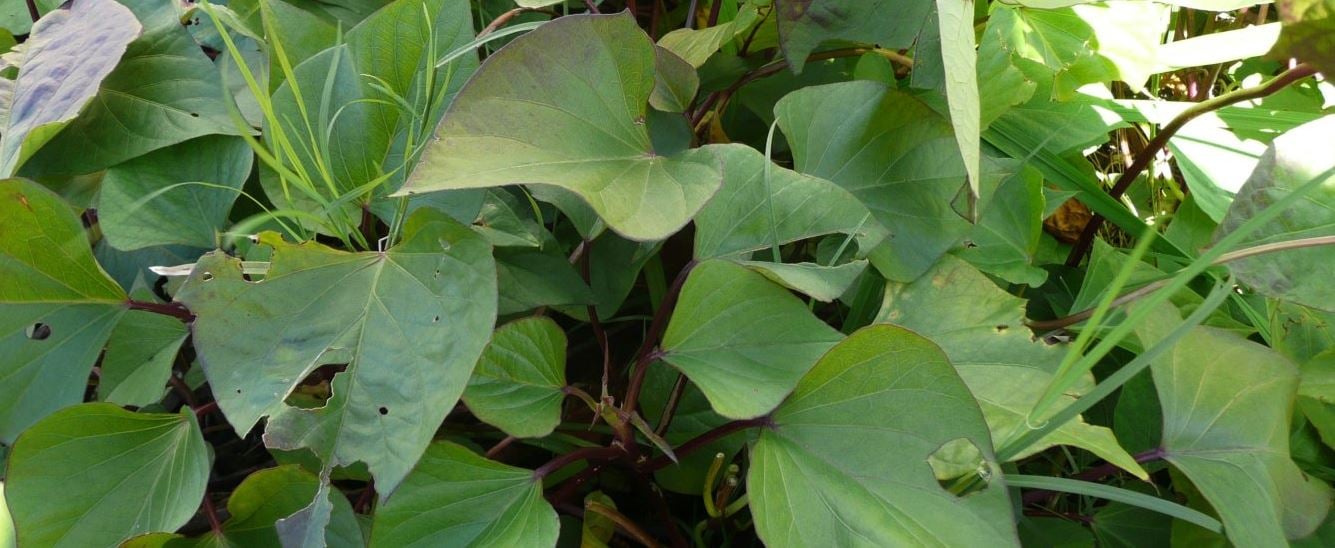Super Health Benefits of Baobab Leaves

Baobab leaves are an essential part of the African Baobab tree, known for storing large volumes of water within its trunk, making it a drought-tolerant plant. This article will explore the 17 health benefits of Baobab leaves and learn how to incorporate them into your diet.
17 Super Health Benefits of Baobab Leaves
Many parts of the Baobab tree, including its leaves, are used as food sources and herbal medicines for various illnesses. This article will explore 17 super health benefits of Baobab leaves and their medicinal properties.
1. High Nutritional Value
Baobab leaves have essential nutrients that contribute to overall health and wellness. Several vitamins, such as Vitamin C, Vitamin B1, Vitamin B3, Vitamin B2, and Vitamin A, are present in these food items.
The leaves also contain significant amounts of minerals like potassium, calcium, magnesium, iron, essential amino acids, and antioxidants.
1.1 Vitamin C for Immune Support
Adequate Vitamin C content in Baobab leaves can aid in maintaining a strong and healthy immune system. Enhancing physical strength helps fight illness and prevents harm caused by stress and pollution. Allowing a minimal intake of Baobab leaves can satisfy your daily requirement for Vitamin C.
1.2 Essential Minerals for Bone and Heart Health
Baobab leaves are abundant in vital minerals like calcium, potassium, and magnesium, crucial to maintaining bone strength and cardiac well-being. Strong bones require the presence of calcium while maintaining blood pressure is aided by the incorporation of potassium, consequently lessening the vulnerability to heart-related complications. Magnesium is vital for muscle relaxation, and nerve function is critical for overall heart health.
2. Antioxidant Properties
Antioxidant properties present in Baobab leaves prevent free radicals from harming cells. Chronic stress may have adverse effects on your body, with the potential to cause significant long-term ailments like cancer, heart disease, and premature aging. Baobab leaves contain various antioxidants, including Vitamin C, beta-carotene, and polyphenols, which help neutralize these harmful free radicals.
2.1 Cancer Prevention
Antioxidants found in baobab leaves are effective in averting certain types of cancer by obstructing the detrimental effects of free radicals on cells. By aiding in generating white blood cells, they fight against germs and hinder cancer development.
2.2 Anti-inflammatory Effects
Baobab leaves contain compounds called anthocyanins, which have potent anti-inflammatory properties. These compounds help inhibit enzymes responsible for pain and inflammation associated with conditions like arthritis, gout, and lupus. The anti-inflammatory effects of Baobab leaves can also help alleviate symptoms of osteoarthritis, such as joint stiffness and pain.
3. Digestive Health
Consuming baobab leaves can facilitate optimal stomach health due to the abundance of beneficial compounds. Baobab fiber is also a good source of minerals such as calcium and magnesium. They contain no cholesterol or fat, making them the perfect substitute for unhealthy foods.
Fiber helps regulate bowel movements, prevent constipation, and promote the growth of beneficial gut bacteria.
3.1 Prebiotic Effects
The soluble fiber found in Baobab leaves can act as a prebiotic, promoting the growth of healthy gut bacteria, improving overall digestive health, and preventing gastrointestinal issues like diarrhea, constipation, and dysentery.
4. Cholesterol Management
Baobab leaves contain a unique fiber called beta-sitosterol, which benefits cardiovascular health. The consumption of Beta-sitosterol aids in regulating our cholesterol levels—the reduction of bad cholesterol and increase of good cholesterol results in better blood circulation.
5. Energy and Brain Function
The vitamins and minerals in Baobab leaves can help support energy levels and brain function. Vitamin B1 (thiamine) is necessary for forming new cells and supports brain function and heartbeat. Vitamin B2 (riboflavin) is essential for growth, reproduction, and the normal functioning of the nervous system. Vitamin B3 (niacin) contributes to healthy skin, mucous membranes, and digestive system function.
6. Weight Management
Baobab leaves contain high levels of fiber, which can help regulate digestion and improve the flow of food through the body. Fiber aids in bringing down your cholesterol and blood pressure. The presence of vitamin C in leaves can be advantageous for maintaining good health. The company of fiber in your meals can bring about a feeling of fullness, decrease calorie consumption, and promote a healthy body weight.
7. Blood Sugar Regulation
Controlling blood sugar levels can be facilitated by incorporating baobab leaves in meals, as they can hinder the quick entry of sugar into the bloodstream. This exclusive material can assist in regulating your cholesterol and blood pressure levels to a normal range. People with diabetes or potential diabetes can benefit greatly from it.
8. Skin Health
Baobab leaves are rich in vitamin C, potassium, magnesium, and iron. In addition, they contain a variety of valuable antioxidants. These nutrients help skin cells regenerate and provide protection against UV radiation.
Vitamin A, for example, is crucial for maintaining the integrity of skin cells and preventing premature aging. Vitamin C helps with collagen production, keeping skin firm and supple.
9. Wound Healing
The anti-inflammatory and antibacterial properties of Baobab leaves can help promote wound healing. People from different cultural backgrounds have been employing baobab leaves as a remedy for skin infections and sores for ages. For instance, the Maasai people of Kenya would place a small piece of Baobab leaf on a skin wound.
10. Respiratory Health
Baobab leaves have been used in traditional medicine to treat respiratory conditions like cough, asthma, and bronchitis. The leaves' expectorant, anti-inflammatory, and antihistamine properties can help alleviate respiratory symptoms and improve overall lung function.
11. Kidney and Gallbladder Health
Due to their diuretic and anti-inflammatory properties, Baobab leaves are remedies for treating kidney and gallbladder diseases. Consumption of baobab leaves can improve blood pressure, better blood circulation, and decrease cholesterol levels.
These effects can help promote healthy kidney function and prevent the formation of kidney stones or gallstones.
12. Antiparasitic Properties
Baobab leaves are helpful in the traditional African treatment of dracunculiasis. These leaves help to kill parasites that spread throughout the body by absorbing and destroying them. The baobab tree's leaves possess medicinal characteristics that effectively treat illnesses such as malaria and schistosomiasis.
The leaves' antiparasitic properties can help eliminate the worms and alleviate the associated symptoms.
13. Antimicrobial Effects
Baobab leaves have powerful antimicrobial properties that help fight bacterial, fungal, and viral infections. They have been used in traditional African medicine for years and have effectively fought the common cold, among other illnesses.
It can be particularly beneficial for maintaining overall health and preventing the development of antibiotic-resistant infections.
14. Allergy Relief
Baobab leaves can help alleviate specific allergies due to their antihistamine and anti-inflammatory properties. They are also rich in vitamin C and calcium, which help with the healing process of wounds. These effects can help reduce symptoms like itching, swelling, and redness caused by allergic reactions.
15. Eye Health
The Vitamin A content in Baobab leaves is so high that it can help support healthy vision and prevent age-related eye conditions like macular degeneration and cataracts. Baobab leaves are a popular food item in African countries due to their high Vitamin A content. Recent discovery states that they contain antioxidants, minerals, phytochemicals, and more that can help with eye care.
16. Liver Health
Baobab leaves contain a secondary compound that can help liver health by reducing inflammation and detoxifying the body. Iron in baobab leaves is beneficial for the normal functioning of our red blood cells.
17. Pregnancy and Lactation Support
The high nutritional content of Baobab leaves can benefit pregnant and lactating women, as they provide essential nutrients like vitamins and minerals required for a healthy pregnancy and breastfeeding.
How to Use Baobab Leaves
You can eat Baobab leaves in various ways, such as boiling or drying them before consumption. They can also be dried and crushed into powder for soups and stews. However, consuming the leaves raw is unhealthy, as it may cause allergies.
Conclusion
Baobab leaves offer many health benefits, making them valuable to any diet. Although these things are generally safe to consume or utilize, you should consult a doctor beforehand if you have allergies or require them for a specific purpose. Baobab leaves possess properties that aid in promoting good health.




